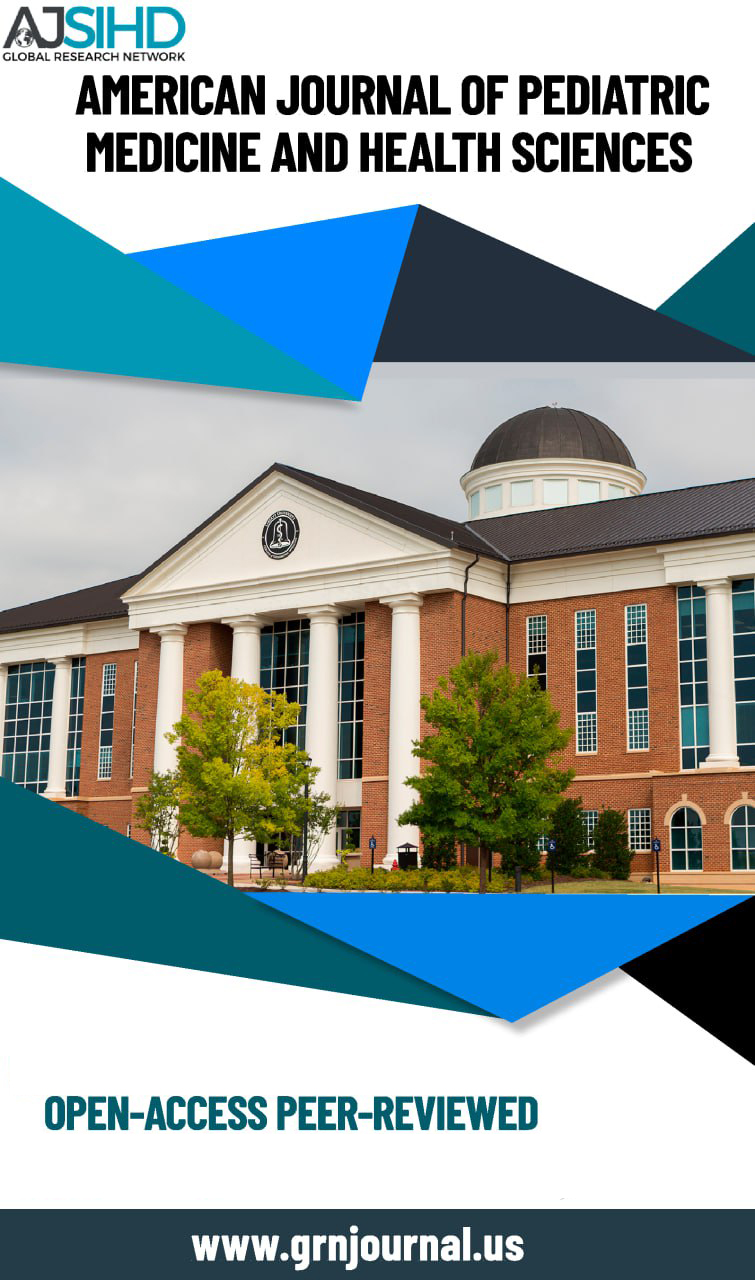Growth Delay In β-Thalassemia Major Patients in A Sample of Iraqi Children
Keywords:
Thalassemia syndrome, abnormalities, thalassemia major patients, growth retardation, deferoxamine therapyAbstract
Background: Thalassemia syndrome is a heterogeneous group of inherited anemias characterized
by abnormalities in tetra hemoglobin synthesis. Objectives: To study the risk factors for delayed
growth in patients with thalassemia B who visit the Thalassemia Center at IBN AL Abalady
Maternity &Children Hospital in Baghdad.
Patients and treatment methods: One hundred thalassemia major patients attending the
Thalassemia Center at IBN AL Abalady Maternity &Children Hospital in Baghdad. Were
studied during the period from September 1, 2021, to June 30, 2022. Their ages ranged between
(5-20) years, including 46 females, and 54 were male. Results. Growth retardation, as a
complication of thalassemia, is found in 69% of patients. Patients who required frequent blood
transfusions (mean 16.76 blood transfusions/year) developed more growth delay than those who
required less frequent blood transfusions (mean 13.67 blood transfusions/year). Conclusions:
Growth retardation was found in 69% of thalassemia patients. Most patients were over- or under
transfused, and patients who started deferoxamine therapy early and who received it several days
a week were less likely to develop growth retardation.



